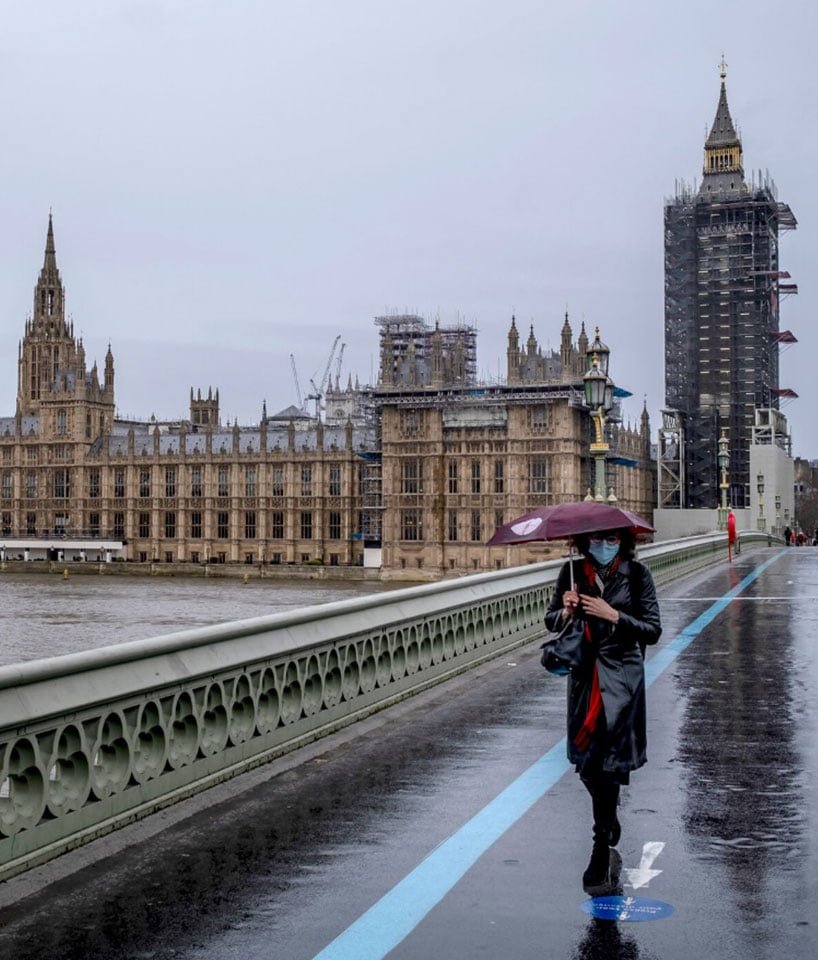Iboga in the UK

Iboga in the UK
The intense debate over the legality of Iboga in the UK, in the midst of a significant UK drug crisis, remains crucial.
The growing acceptance of Tabernanthe Iboga, a West African plant, as an effective solution for drug and alcohol addiction, along with various mental health treatment options, has been notable over the past fifty years.
Ibogaine, a primary alkaloid in the plant’s root bark, is extensively used in ibogaine therapy and is the cornerstone of substance abuse treatment.
At our center, Ibogaine Treatment UK (Iboga Root Sanctuary), we’ve successfully helped many individuals regain control of their lives over recent years.
However, because iboga is not yet legal in the UK, our iboga treatment centre is based in rural Portugal, where the legal landscape allows us to work freely.
Despite this, iboga’s UK illegality requires clarification. Under the Misuse of Drugs Act, possessing iboga is legal, but distributing it outside a medical context is not. However, under UK law, a registered doctor may prescribe an unlicensed medicine in the UK.
Why is Iboga Still Illegal in the UK?
Iboga’s path to recognition as a valid drug addiction cure and solution for some mental health disorders has been strewn with challenges.
Legal conflicts between investors and scientists in the UK have hindered iboga’s transition from the experimental stage to alternative addiction therapies.
Moreover, profitability concerns for major pharmaceutical companies stand as a barrier. If a holistic addiction treatment option like iboga doesn’t promise significant profits, it’s unlikely to be fully developed and marketed. After investing millions in drug development, testing, and trials, pharmaceutical companies bear the burden of recouping costs and turning a profit.
Further, after a drug’s patent expires, the original company has about 20 years to generate profits before losing exclusivity. Also, the organic nature of iboga doesn’t make it an appealing investment for the private sector, given its effectiveness largely relies on a single treatment.
Pharmaceutical companies often see less profit potential in iboga compared to drugs requiring daily, long-term doses. The perceived financial instability of the substance abuse treatment market further deters investment.
The Substance Abuse Crisis in the UK
Despite clinical studies conducted in the United States on iboga’s efficacy in curbing drug addiction, most haven’t progressed beyond the experimental stage. This is why iboga remains illegal in the UK and is a schedule I drug in most countries.
As of February 2022, about 3 million people in the UK misuse illegal and prescription drugs. Drug-related deaths have reached a record high of 3,000 annually, compared to 2,263 in 2020. These figures, along with the well-documented American opioid crisis, underscore iboga’s controversial illegality in the UK.
A Shift in the Iboga Narrative
However, the narrative surrounding iboga is evolving. MAC Clinical Research, a leading UK clinical trial organization, received approval from the UK MHRA (Medicines and Healthcare products Regulatory Agency) to initiate a Phase I/IIa trial in March 2021.
This trial, led by DemeRX aims to evaluate a new pharmaceutical drug, Ibogaine HCI (DMX-1002), for its potential in treating opioid addiction.
Despite iboga’s UK illegality, there is a glimmer of hope with these trials. The data collected is preliminary, but these efforts are a significant step towards assisting individuals in regaining their lives.
For those struggling with addiction and seeking a change, we at Ibogaine Treatment UK (Iboga Root Sanctuary) empathize with your struggle.
Many on our team have personally experienced addiction and found renewed freedom through Tabernanthe Iboga. As providers of addiction recovery, drug dependency solutions, and recovery from mental health issues, we’re here to assist you on your journey to recovery.
